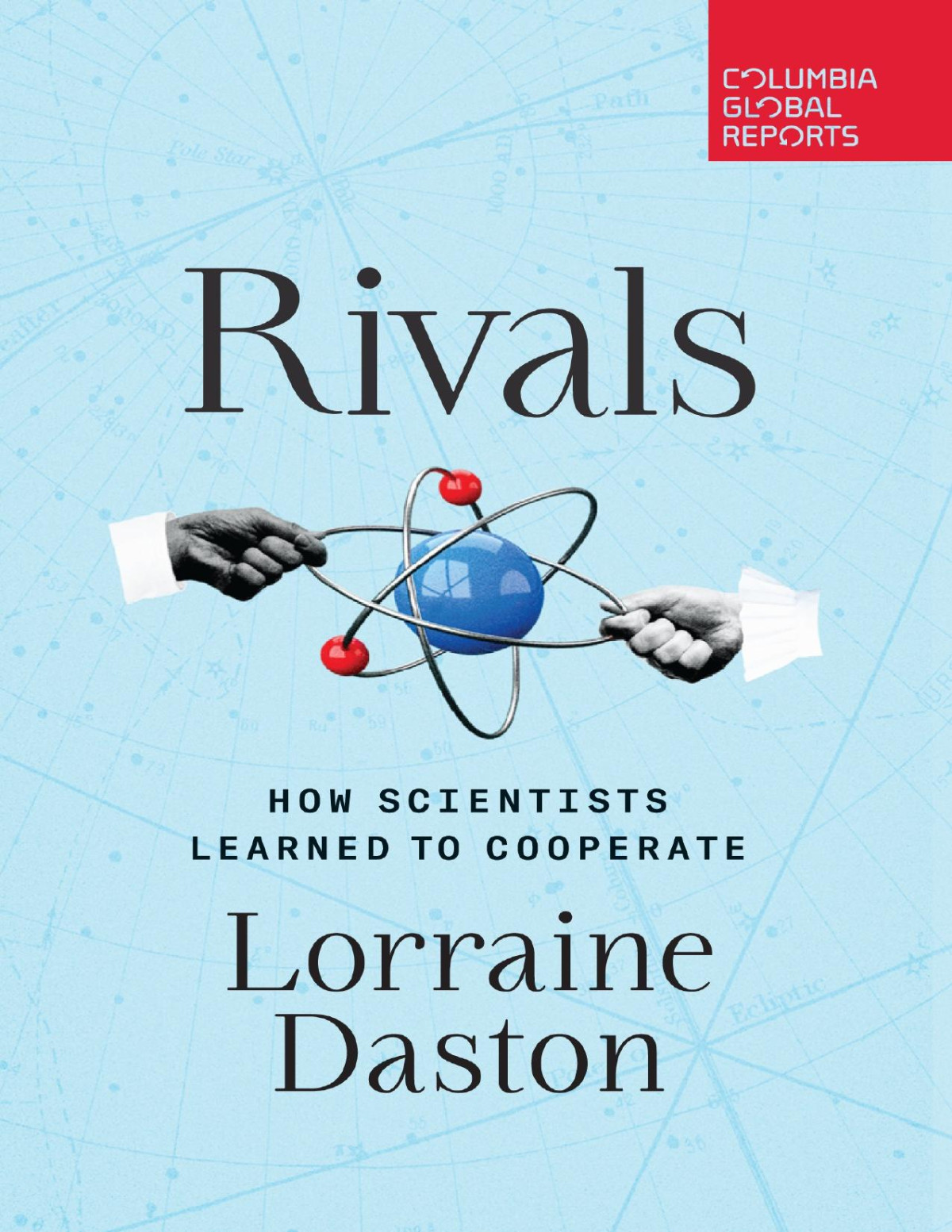

Most ebook files are in PDF format, so you can easily read them using various software such as Foxit Reader or directly on the Google Chrome browser.
Some ebook files are released by publishers in other formats such as .awz, .mobi, .epub, .fb2, etc. You may need to install specific software to read these formats on mobile/PC, such as Calibre.
Please read the tutorial at this link: https://ebookbell.com/faq
We offer FREE conversion to the popular formats you request; however, this may take some time. Therefore, right after payment, please email us, and we will try to provide the service as quickly as possible.
For some exceptional file formats or broken links (if any), please refrain from opening any disputes. Instead, email us first, and we will try to assist within a maximum of 6 hours.
EbookBell Team

4.7
76 reviewsIn the last 350-odd years, the international "scientific community" has come to be the bastion of consensus and concerted action, especially in the face of two global crises: disastrous climate change, and a deadly pandemic. How did "the scientific community" come into existence, and why does it work?
Rivals is an attempt to answer these questions in the form of a brief historical overview, from the late seventeenth to the early twenty-first centuries, through the creation of two enormous projects—the Carte du Ciel, or the great star map, and the International Cloud Atlas, pioneered by the World Meteorological Organization after World War II. These new models of intergovernmental collaboration and global observation networks would later make the mounting evidence of planetary phenomena like climate change possible.
Drawing upon original documents stored in Paris, Geneva, and Uppsala, historian of science Lorraine Daston offers a fascinating, lively study of successful and unsuccessful scientific collaborations. Rivals is indispensable both as history and as guidance.